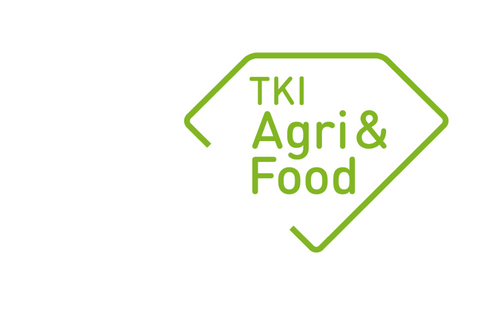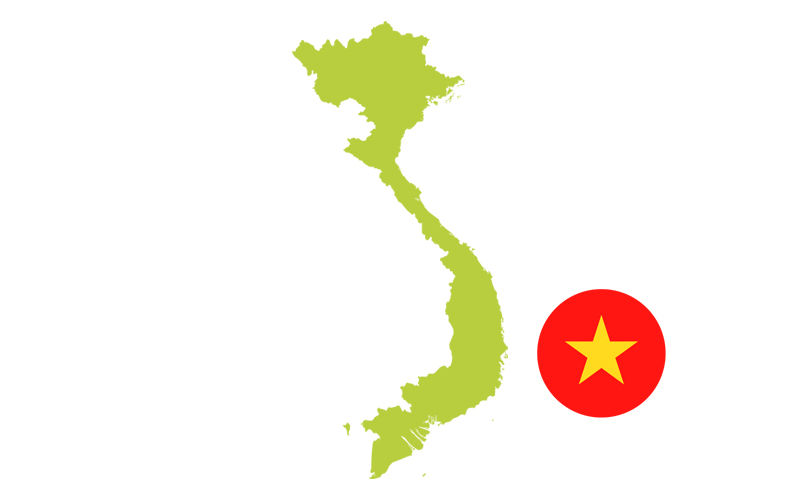Project title: Possibilities for sustainable climate resilient livestock farming in Vietnamese deltas under pressure
Project number: SMP-2034
Requesting country: Vietnam
Year: 2020
Budget: € 40,000
Project leader: Charlotte Verburg
Knowledge institute: Wageningen University & Research
Project partners: Cargill Animal Nutrition, Deltares, Hanoi University of Agriculture, HAS Den Bosch, Hendrix Genetics, HollandDoor, Hue University, Nedap
Summary
Vietnam has been ranked as one of the best-performing economies in the world. Over the past decade Vietnam shifted from a low income country (US$699 per capita) to a lower-middle-income country (US$2,111 per capita). As population and income increased, and food consumption patterns shifted consumption of meat (especially pork), milk, and eggs have been growing.
Agriculture is one of the most important economic sectors of Vietnam of which livestock is one of the fastest growing sub-sectors of agricultural production. Pork and cattle meat production doubled and cow milk production tripled, due to a shift to intensive production systems and an increase in animal numbers. While livestock population increased the sector shifted from extensive to intensified production systems. As a consequence, the livestock sector is currently one of the greatest contributors to greenhouse gas emissions in Vietnam. Dependency of international feed sources and competition of domestic land use for feed and food increased. Additionally, waste production increased beyond recycling capacity, leading to soil and water pollution amongst others.
The country has been ranked among the five countries likely to be most affected by and vulnerable to climate change. The two most important food producing areas are the deltas of Mekong and Red River. Both are currently suffering from salt water intrusion, flooding, and extreme weather events. Livestock production is facing decreasing production outputs due to lower animal performances from heat-stress, emerging and re-emerging diseases and from lower intakes of energy and protein due to decreasing feed availability and quality. Additionally, water resources are degrading as droughts and salinity increases, directly affecting drinking water supply to animals.
Given current challenges of unsustainable livestock production and the effects of climate change it will be difficult for the livestock sector to maintain its current growth rate if its existing development model continues. Additionally, climate resilient livestock farming needs to be introduced, increased and improved, to face the current challenges of food insecurity, environmental degradation and climate change. This project will review the sustainability, productivity, and resource efficiency of livestock production in order to develop production systems appropriate under climate change conditions.
This research is in line with the Vietnamese Ministry of Agriculture (MARD) policy to increase yield, reduce inefficiencies, become climate resilient, improve food safety and empower vulnerable groups in deltas to a food and economic secure future. MARD is seeking ways to improve and give way to foreign investors to realise their aims. Multi-stakeholder partnership projects and investment programs that will bring together the non-government organisations, companies, government, universities and farmers are seen as the way for technological transformation and provides access to share information, technology, finances, and markets. Also FAO emphasises “adaptation and mitigation of negative impacts of climate change and natural disasters” and “ensuring food safety and quality”. And importance of the issues are reflected by the United Nations Sustainable Development Goals, in particular by goals: 2 (zero hunger), 12 (responsible consumption and production), 13 (climate action), and 15 (life on land).
The project also creates opportunities for Dutch governments, companies and organisations since the topic reflects their current interests and activities. The approach of climate resilient agriculture is for instance expressed in “Farming the Future”, and central in discussions on climate change and sea-level rise identifying mitigation and adaptation strategies for agriculture and sustainable livestock farming. Furthermore, topics of this project also meet the fields of interest of the RVO which enables initiatives for new projects and to identify business opportunities in collaboration with Vietnamese companies. Finally, project outcomes can not only support food production in Vietnam but also be used for similar issues in other deltas such as Bangladesh, Indonesia and even the Netherlands.
Deel dit bericht


